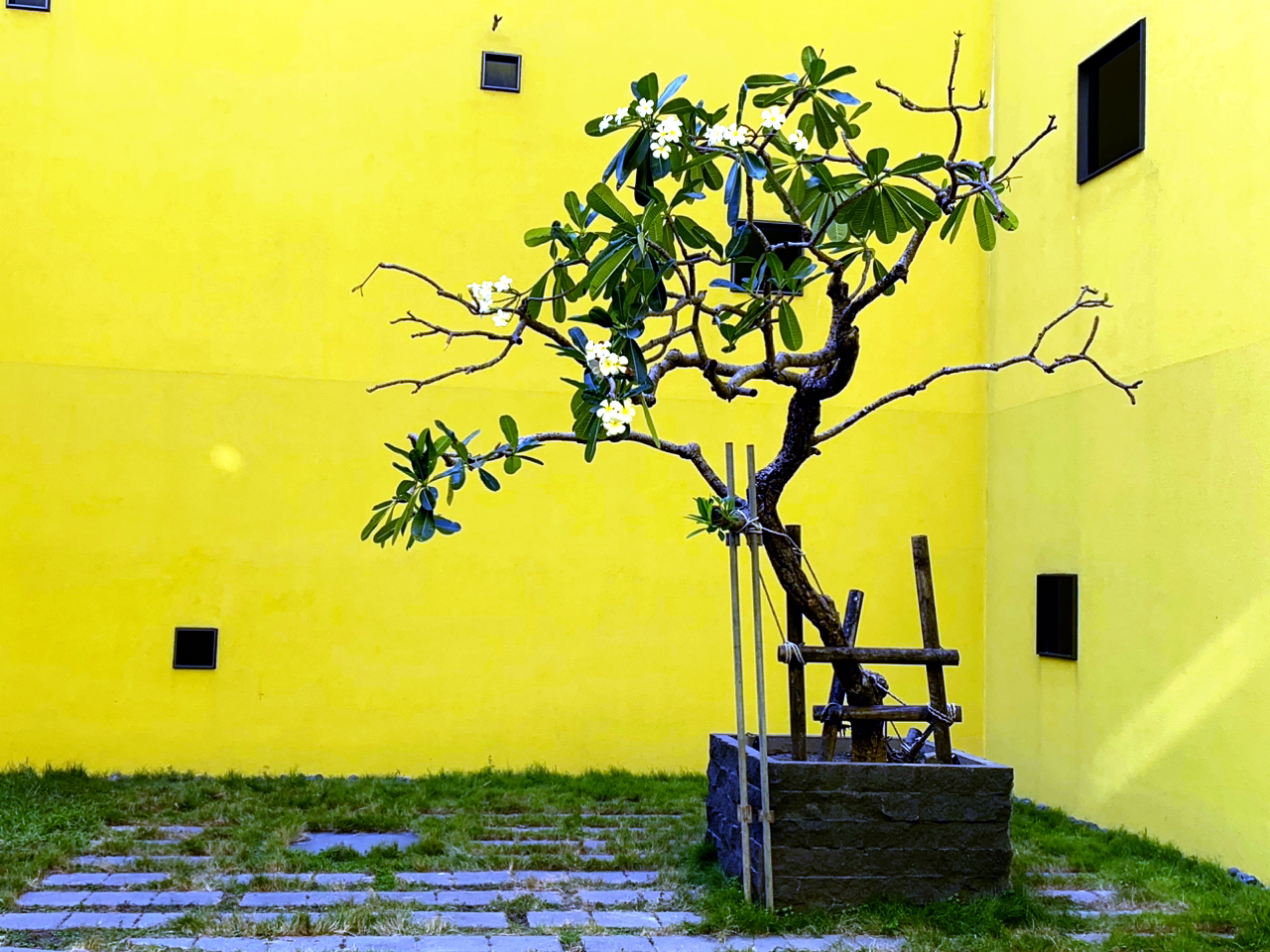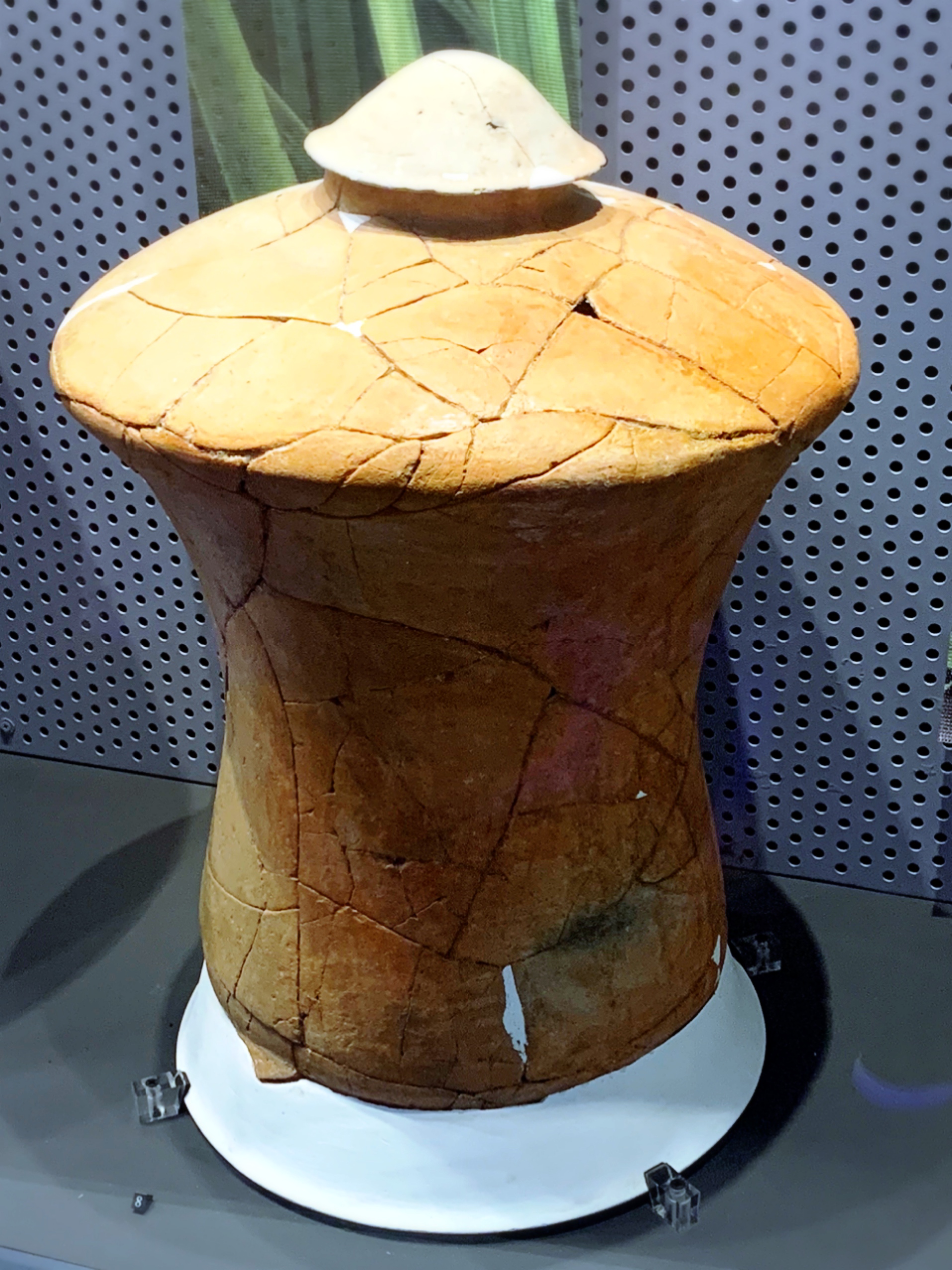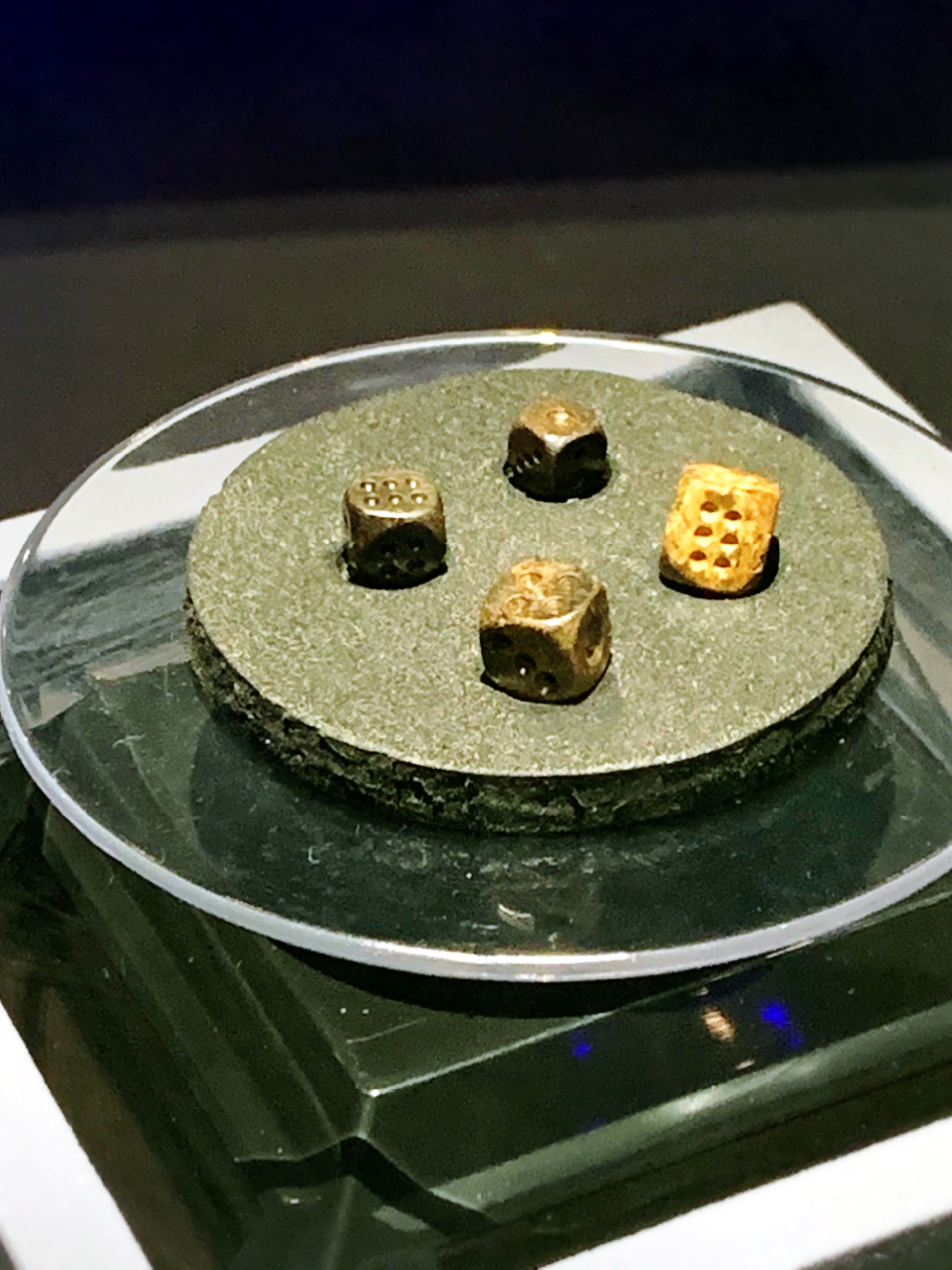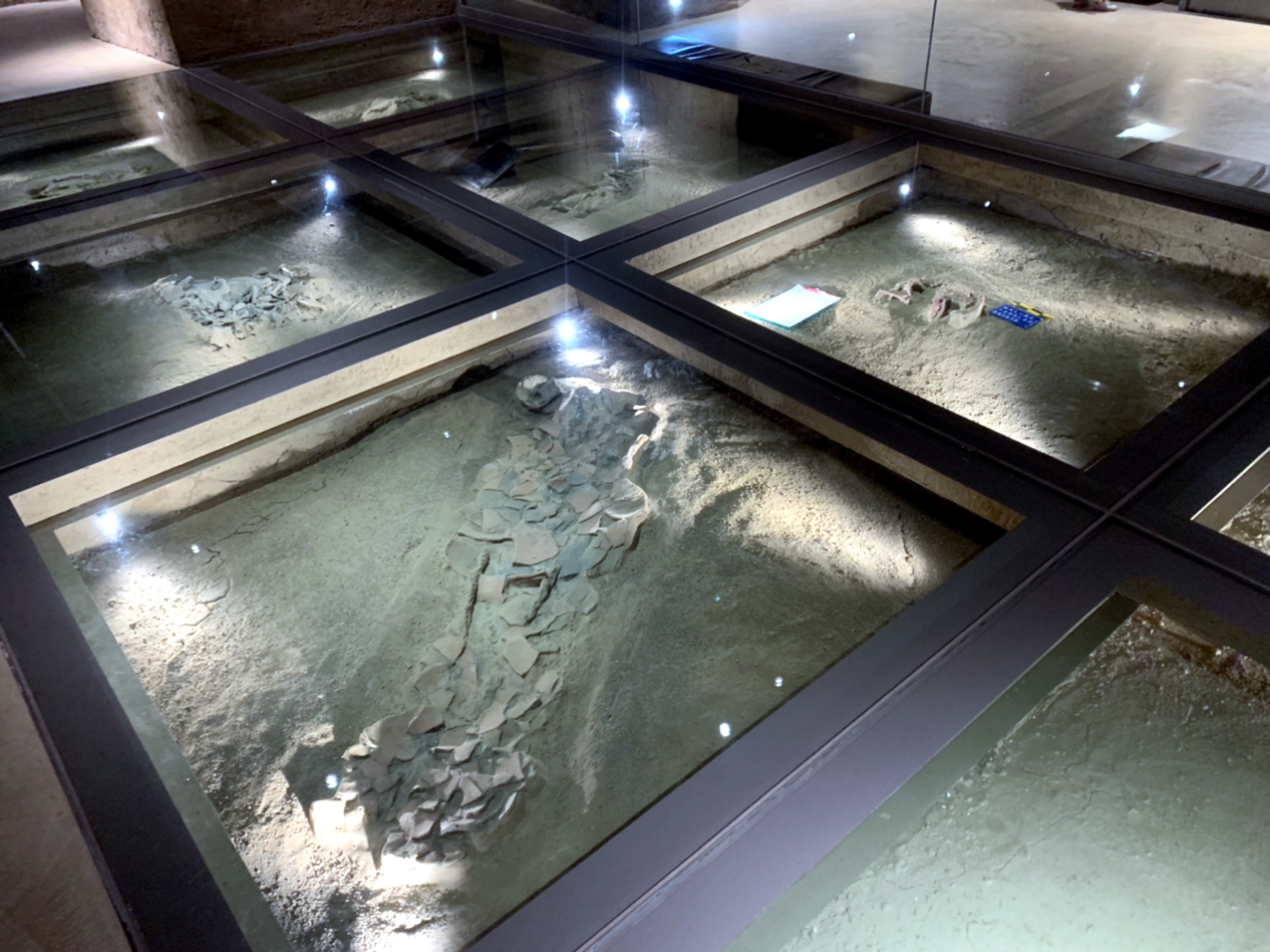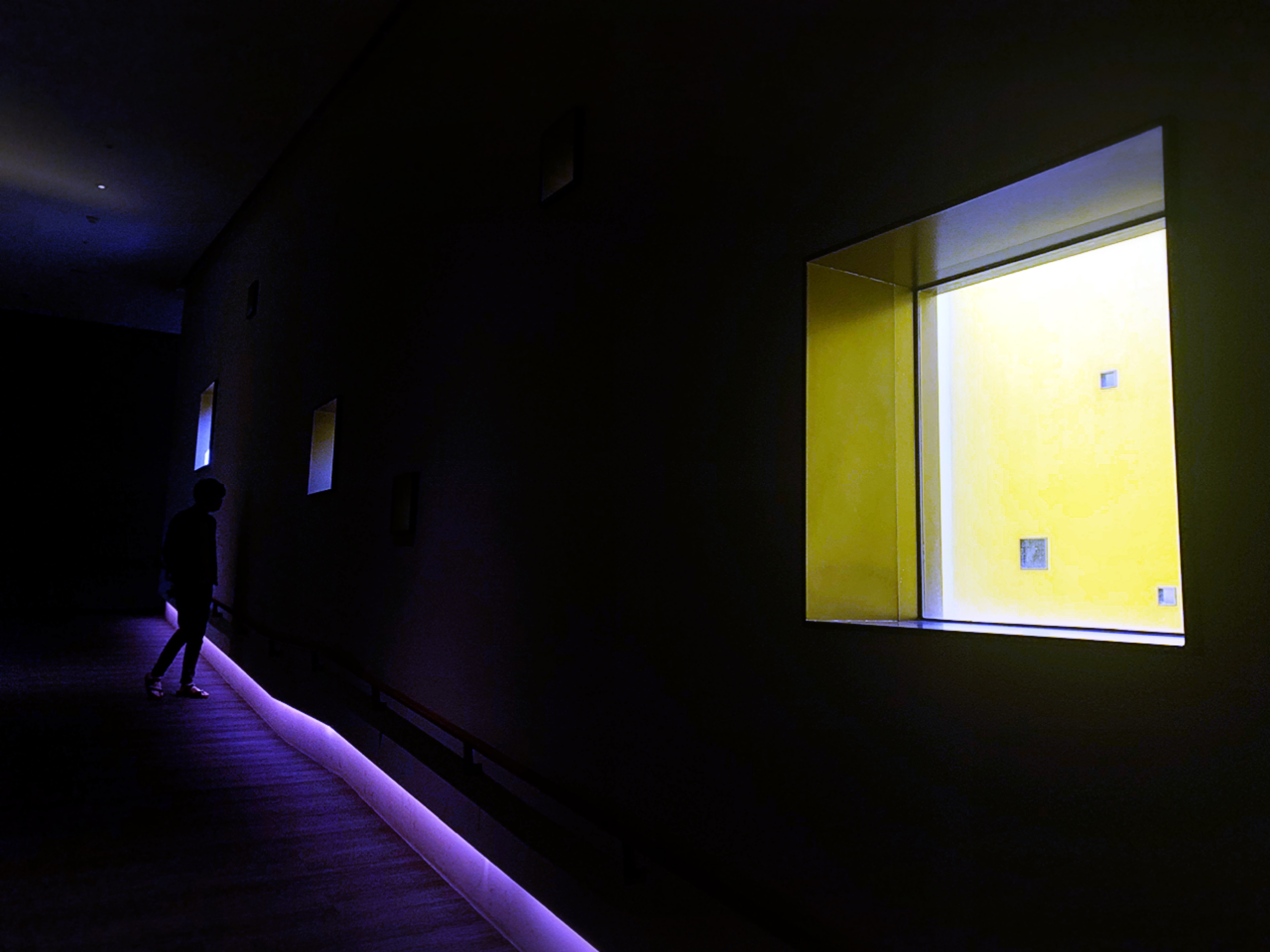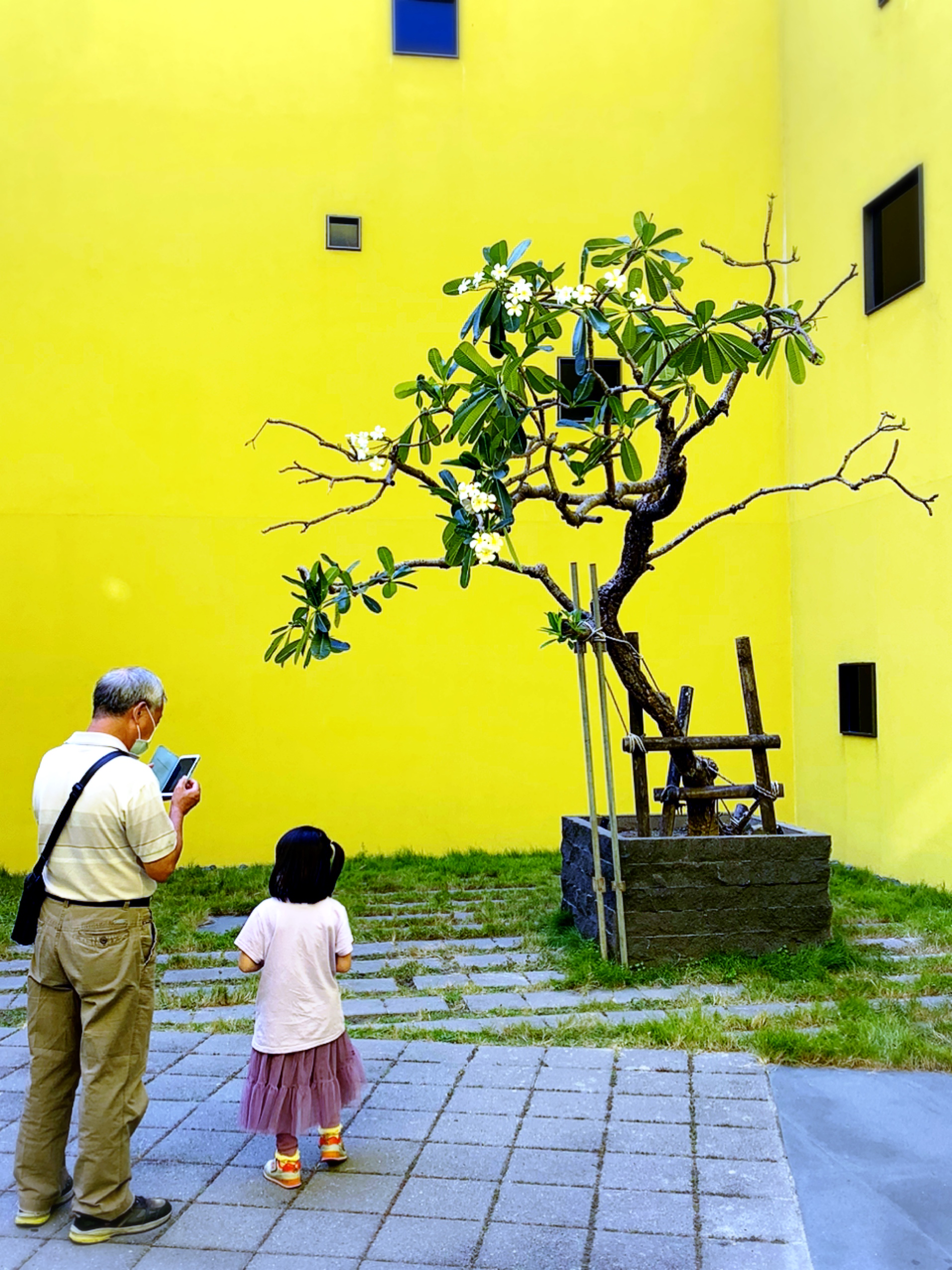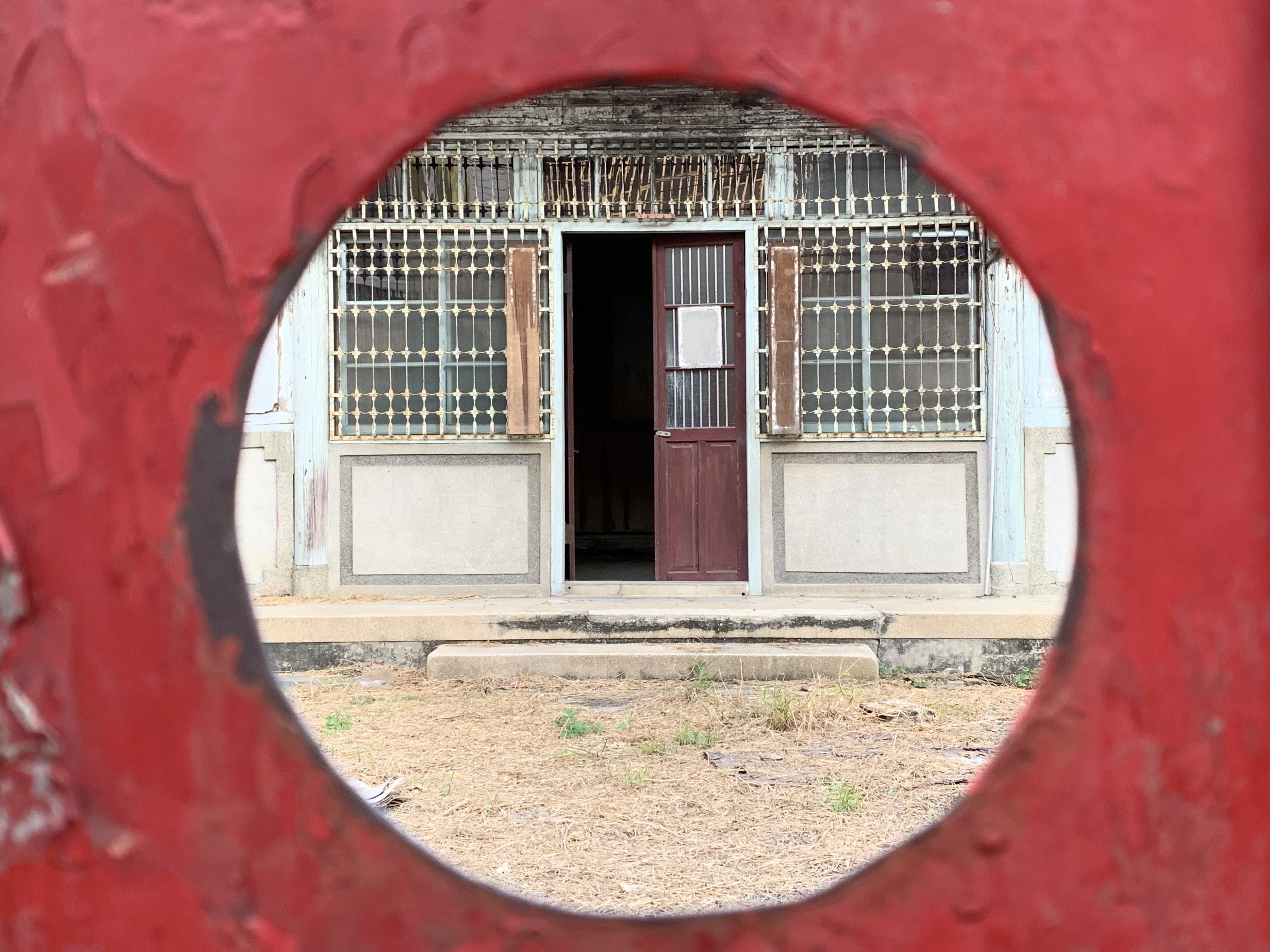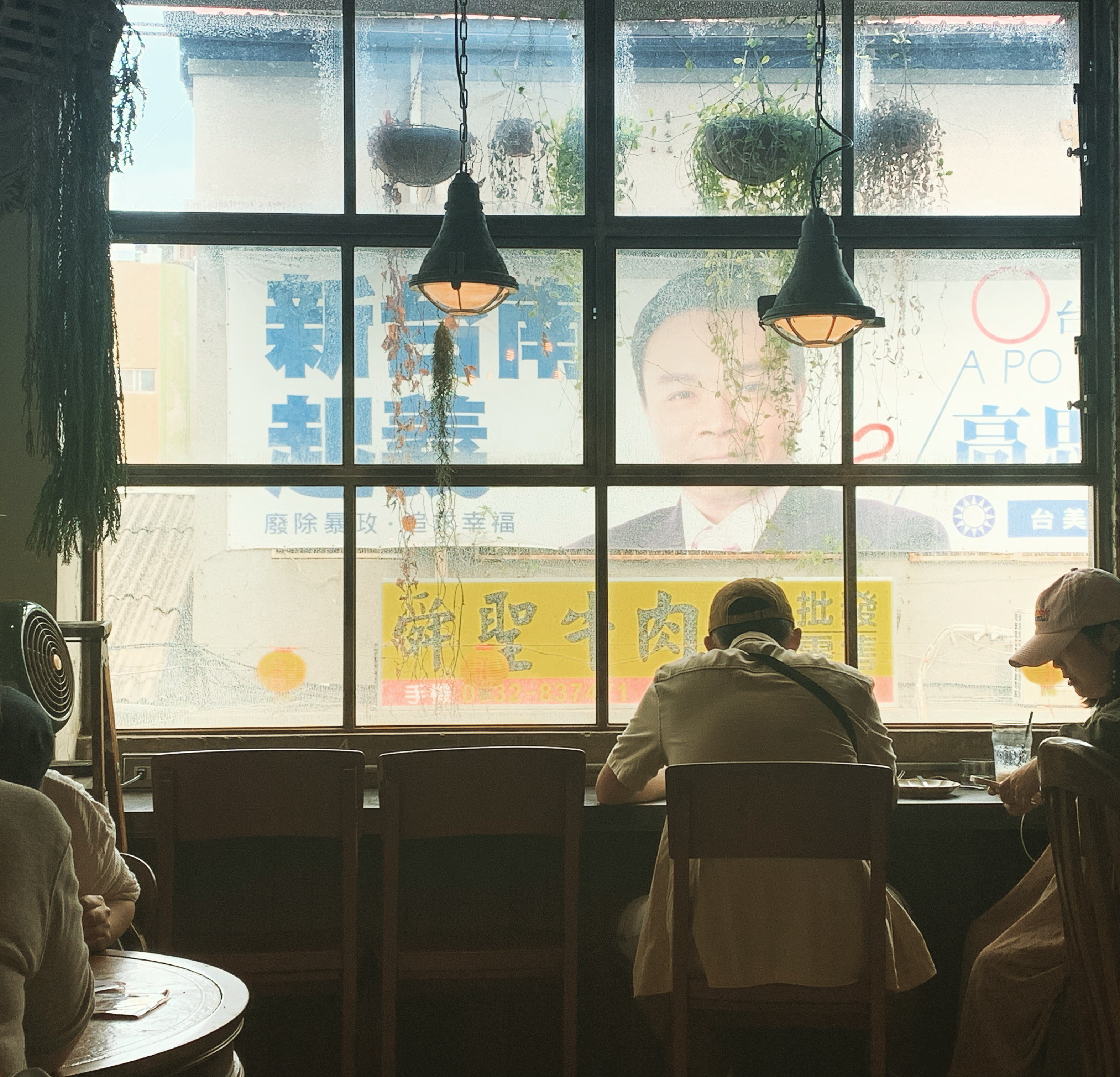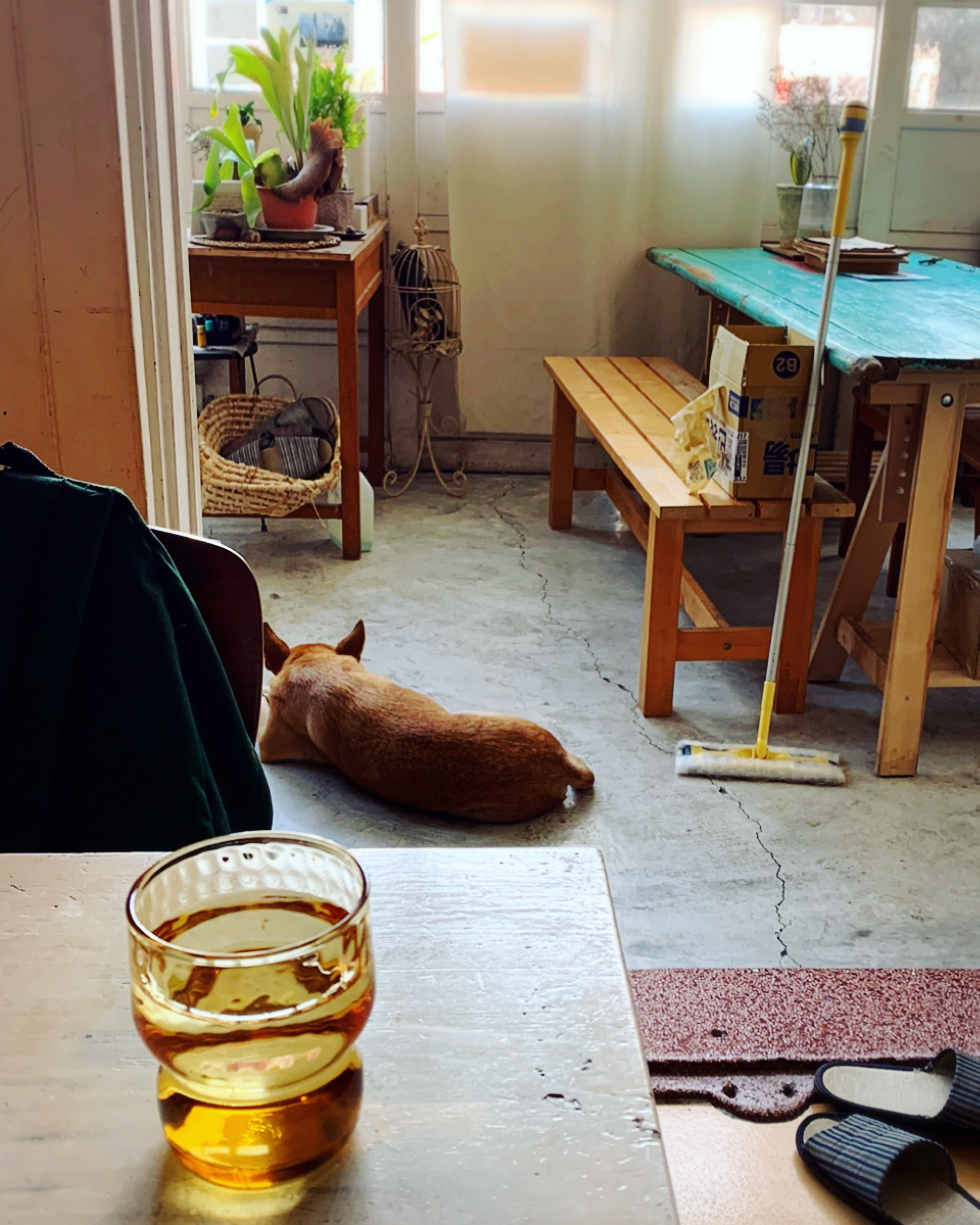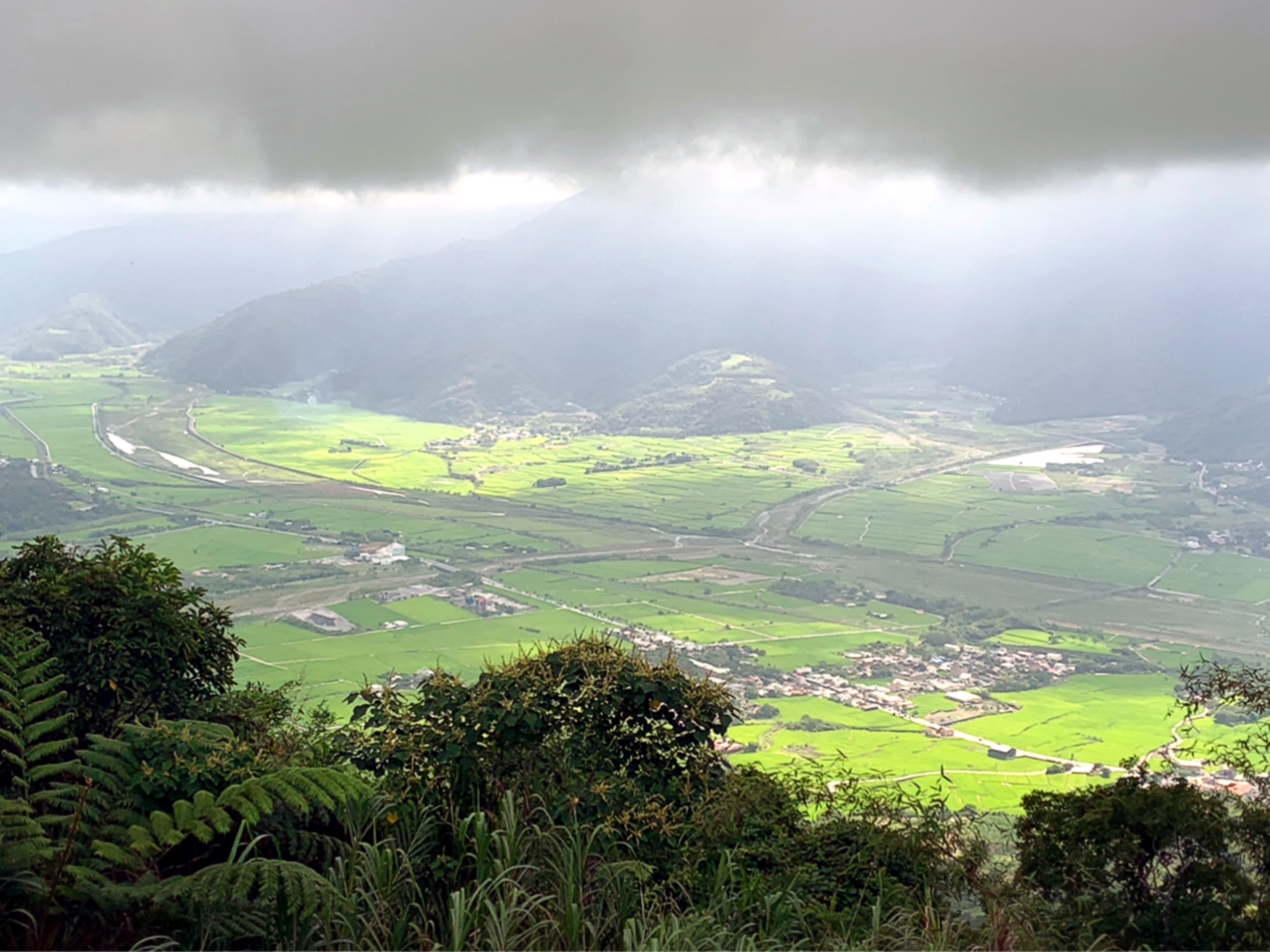
Peer under the clouds and the valley is clear
I'm sure others will write on this in the coming days, but something's been on my mind and I have to unload it in long form.
You know those polls asking Taiwanese citizens what they think about maintaining the status quo, independence or unification? A couple of them have come out recently, one from NCCU, commissioned by the Mainland Affairs Council and one from the World United Formosans for Independence (WUFI).
And I am here to tell you that while the data may be fine, interpretations of that data are almost always wrong.
Interestingly, reporting of the MAC/NCCU poll doesn't seem to distinguish between maintaining the status quo and moving toward independence, deciding at a later date, or moving towards unification. The poll itself does so (look at Question 4). So what's up with the media? The MAC itself, the Taipei Times and Focus Taiwan all report "84.9%" of Taiwanese "support maintaining the status quo" with no further details offered. MOFA bumped that number up to "nearly 90%". I'm honestly not sure why, but my guess is that that's the line MAC wanted to put out there and the media reporting on it just followed their press release.
Previous NCCU polls differentiate as well. As of June this year, if you combine everyone who wants to maintain the status quo: indefinitely, with a decision at a later time, moving toward independence and moving toward unification, you get 83%, just slightly below this poll's results.
Those are very disparate views however: someone who wants to maintain the status quo but move toward independence (25.8% in the June poll) might agree on the "status quo" but their beliefs differ significantly in most other ways from someone who wants to move toward unification (an unimpressive 5.7%). "Move toward independence" is highly competitive with "maintain indefinitely" and "decide later", whereas "move toward unification" is down in the sewer.
You simply cannot credibly combine those into the same set of beliefs, unless your bias and your goal are to push for maintaining the status quo and to mask what Taiwanese really think beyond that.
Despite not clarifying this, media reports do shed some light on the fact that for most Taiwanese, "the status quo" is a stand-in for we want peace, not war, and to maintain the sovereignty we already have. You can see this in the high agreement with Tsai's statements -- not perfect stand-ins for what Taiwanese actually, ideally want for their country but better than a lumpen status quo potato salad.
Most (77.1%) agree that neither China nor Taiwan have a claim on the others' territory, Taiwanese alone should get to decide Taiwan's future, Chinese annexation should be resisted, Taiwan's democracy maintained and Beijing's attitude toward Taipei was unfriendly. 85.6% don't support "one country two systems".
Combined with the fact that most Taiwanese identify as solely Taiwanese, and those who identify as both Taiwanese and Chinese prioritize Taiwanese identity, does this sound like a country that is actively choosing the status quo because it doesn't know what it wants, or a country that does know what it wants, but is deferring discussions on formal independence because de facto independence is sufficient given the threat from Beijing?
If this is a country that does know what it wants -- and it does -- why is there a continued insistence on forcing very disparate beliefs into one lumpen mess and claiming it as the "center" position?
The actual center position is that Taiwan is already sovereign. In other words, unification (that is, annexation) is an extreme or fringe position, but trying to both-sides Taiwanese independence is straight-up wrong.
Taiwanese independence is a mainstream position. It is not remotely extreme.
That's not my opinion. That's what the numbers say if you read them without blinders.
At first glance, the WUFI poll had somewhat different numbers. Moving toward independence and indefinite maintenance of the status quo were both near 40%. Independence as soon as possible was more popular than fast unification, at 7% and 1.8% respectively, and only 7% want to move towards unification. Most support using Taiwan as the name of the country despite threats from China, and most are in favor of diplomatic relations with the US. The only number that indicates much disagreement is the question of "just Taiwan" or "Taiwan and the Republic of China", which came in at about 40.5% and 30.9% respectively. It's not close, but the latter isn't swimming in the gutter alongside support for unification.
What that means is that Tsai's re-imagining of what independence means is indeed the center position: that Taiwan doesn't need to declare independence because it's already independent, and its name is the Republic of China (the last bit of that being a current statement of fact, used to bridge the two perspectives). It certainly shows her "consensuses" in line with what Taiwanese actually think than the fabricated 1992 Consensus.
Back to the status quo: if you do the irresponsible thing and combine the numbers that all indicate some maintenance of the status quo -- despite their deeper ideological differences which should not be papered over -- you get approximately 87%, which isn't far off from the MAC/NCCU poll.
So okay, blah blah blah, lots of numbers. What's wrong with that?
Nothing, on the surface. The numbers are real. The desire to keep things as they are is real. However, they are often used to advance a line of thinking that simply doesn't match up with what all the other data tell us.
I'm thinking not only of all those other questions that indicate a strong preference for maintaining sovereignty and resisting Chinese annexation, a general feeling that Beijing is unfriendly to Taiwan (which it is), a strong lean towards Taiwanese identity and using the name 'Taiwan' internationally.
It's also a question of what "the status quo" means, and under what conditions those questions are answered.
An argument could be made that the questions themselves were constructed to push people toward answering "I prefer [some form of] the status quo" and then encourage the media to report that line. I know others will make that argument, so I won't as they can do it better. Besides, while it would be fairly easy to say that the Mainland Affairs Council is perhaps questionable, I doubt WUFI would intentionally construct questions that push for a specific kind of answer. And NCCU? As an institution they may lean blue but they've dutifully reported on the ascendance of Taiwanese identity for decades; I can't say they are intentionally engaging in academic chicanery.
In other words, I used to think the polls perhaps lacked basic construct validity. Maybe they do, but I'm going to back off that for now.
I feel quite comfortable, however, in calling out all the extraordinarily wrong interpretations of the data.
There's the obvious question of what the status quo means to Taiwanese: as a friend pointed out, who could possibly look at the current situation -- the status quo -- and not consider it to be de facto independence? It's an answer that says "yes, I would like to maintain Taiwan's democratic government, institutions, borders, currency, military and society." In other words, a form of independence. As Tsai herself says: Taiwan doesn't need to declare independence because it is already independent.
The real news here is Taiwan wants to keep the sovereignty it already has. Does that not make for a sexy enough headline or something? Why is it always reported as "Taiwanese don't know", when that sort of data massage could get you a job in a Wanhua teahouse?
That should be clear from which "status quo" sub-sets have more respondents: almost nobody thinks the current situation is a holding pattern for possible unification. That's not my opinion, that's most Taiwanese saying -- in these numbers -- they don't want to move toward unification, now or ever. It's not an "undecided" and arguably, since democratization, it never was.
So why do people keep writing about it as though it's a big question mark, as though Taiwan is less decided on its desired outcome than it actually is? Even if the data are solid, why this off-the-wall interpretation of it?
I keep asking because I genuinely want to know why.
We must also consider the conditions under which the questions are answered. With China insisting it will start a war if any move is made toward independence, and most people understandably not wanting a war, some version of "the status quo" makes sense, when the status quo offers both peace (of a sort -- our lives go on as usual but I'm not liking those warplanes either) and independence. It's an answer given under duress. Not by the pollsters, but the general atmosphere of Beijing's credible threats.
It tells you a great deal about what Taiwanese want with a gun to their head, but nothing at all about what they ideally want for their country, if they could choose it without war clouds looming.
So why do people interpret it as some sort of freely-made final decision, not influenced by the threat of violent subjugation?
As one person commented, if you're asked whether you want to stay in jail or go free, most people will choose to go free. If told, "well, okay, but if you walk out the guard will take his best aim and probably kill you", your answer might differ considerably. The prisoner is no longer being asked what they want in an ideal situation.
One might say it doesn't matter: the Beijing war drums aren't slowing down, so there's no point in asking what Taiwanese would ideally want if they didn't have to contend with that. I disagree: it may be a hypothetical question, but it would get a lot closer to answering what Taiwan really wants for itself -- not just how the people react to a real external threat.
Right now, people are interpreting the current results as exactly that -- what Taiwan really wants for itself -- when that is simply not what they indicate. It's just not. So stop showing your whole ass on this, please. All of you.
It's interesting, at least, that nobody seems to have asked this question that I know of, though the polls cited by Michael Turton comes pretty close. Like NCCU, the pollsters have their own ideological bias.
However, it does matter that when offered an ideal situation, most Taiwanese choose peaceful independence.
The closest we seem to get everywhere else are answers about how Taiwanese identify, how they want to participate in the international community, what they see as the name of the country, what they think of Chinese annexationism, and the differential between those who want to move towards independence vs. unification. None of these are a perfect stand-in, but they at least approach the question: is there a consensus on an ideal outcome for Taiwan?
And looking at those numbers, the answer is yes. And that ideal outcome is peace, with eventual independence.
Repeat after me:
Taiwan independence is a mainstream position.
Interpretations that say Taiwanese just don't know are harmful, unserious, ignorant and miss the point. Some intentionally so: there's a lot of institutional support for toeing the line at we want to maintain the status quo, please do not ask further questions thank you and good night. Some of it is well-meaning, an attempt to seem "nuanced" -- not in the good way, but in the both-sidesy fake-neutral way that the most pusillanimous analysts seem to adopt as a standard.
Consistently ignoring the contextual factors around these 'status quo' polls, applying odd assumptions to the questions actually asked and lumping together data that say far more when separated out is problematic.
It not only allows one to misconstrue what Taiwanese are accepting under duress as they actually want, it allows one to believe two very untrue things: that the KMT's position on China might be popular again given enough time, and that any talk of de jure sovereignty "angers" and "raises tensions" with Beijing, when Beijing is the antagonist -- not Taiwan.
Neither of these things will ever be true, but if you believe Taiwanese don't know what they want and the only credible "center" position is an "undecided" despite all available data indicating otherwise, then believing those falsehoods becomes possible.
The dartboard is right there in the pub, most people in the pub are telling them exactly where the bullseye is, but their darts keep landing in the road outside.
I still want to know why.


